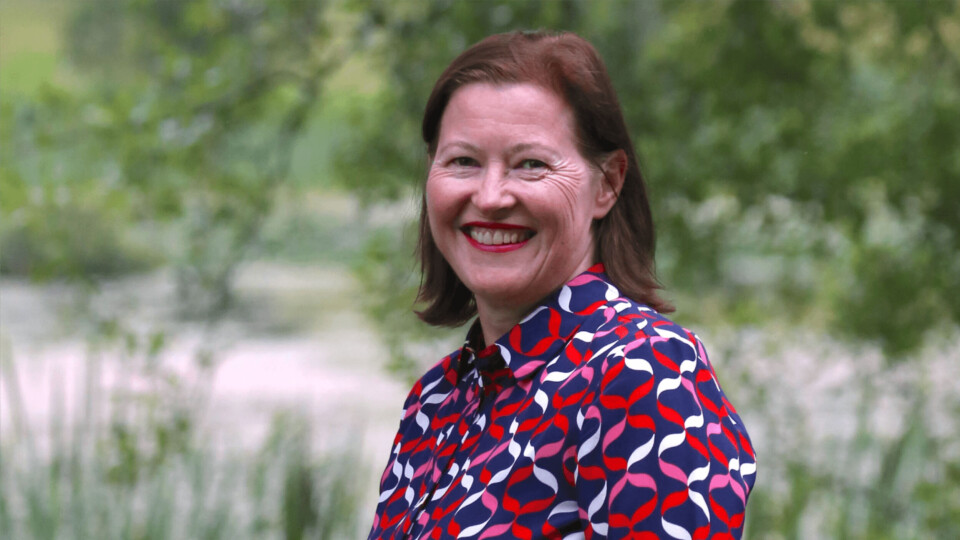
Aquaculture gets stronger voice in Seafish
Aquaculture innovation executive Heather Jones is confident of raising the profile of fish and shellfish farming within UK public seafood industry body Seafish after passing a rigorous selection process to join the organisation’s non-executive board of directors.
“I don’t think UK ministers would have appointed me if they had not seen the priority, importance and opportunity of bringing the wider aquaculture perspective on the work of Seafish,” said Jones, chief executive of Scotland’s Sustainable Aquaculture Innovation Centre (SAIC).
She added that Seafish is the only UK body that has a mandate to promote the consumption of all types of seafood, from all sources - farmed, wild, domestic and imported.
Trail-blazing sector
While Seafish is largely focused on wild-caught fish, Jones pointed out that it runs a “Common Language Group” on aquaculture which has delivered a series of online webinars during lockdown addressing issues as varied as the future sustainability of aquaculture feed, to the potential impact of climate change on UK aquaculture.
“I think I can bring to Seafish insights into how Scotland’s farmed salmon, trout and shellfish sector is very market-driven, innovation-focused, and – in many senses – trail-blazing in how they serve the needs of the supply chain, retailers and consumers,” said Jones.
Asked by Fish Farming Expert if there were any changes she would like to see made to Seafish that would benefit fish and salmon farming, Jones said that all public bodies must retain their relevance by demonstrating their value to their key stakeholders. In Seafish’s case that meant the public, and other user groups such as vessel owners, processors and fish and chip shops up and down the country.
Strategic review
“I haven’t yet attended my first Seafish board meeting, so I’m not in a position to offer any thoughts on what if any specific changes might be helpful for Seafish to undertake,” added Jones.
“However I am aware Seafish launched a fundamental strategic review of the organisation earlier this year. The rationale for this reflects the changing political landscape and shape of the UK’s seafood sector.
“Another element is to address a challenge Seafish has of financial sustainability. The purpose of the review is to design and implement a future-proofed way for Seafish to continue supporting a thriving seafood sector.
Fish farming perspective
“I would hope in my role I could offer insights and guidance on how best to engage with the farmed fish and farmed shellfish community to ensure that the outcome of the review reflects the perspectives of aquaculture producers, processors and the wider supply chain.”
Seafish is funded by a levy on the first sale of seafood products in the UK, including imported seafood, but salmon and trout are exempt. The levy ranges from 0.350 pence per kilo for fish sold for fishmeal production to 2.4080p per kilo for skinless fillets of smoked white fish.
The organisation has a four-person executive team accountable to the board that comprises a chair and deputy chair and eight non-executive directors, three of whom are independent members and five – including Jones – industry members.






















































